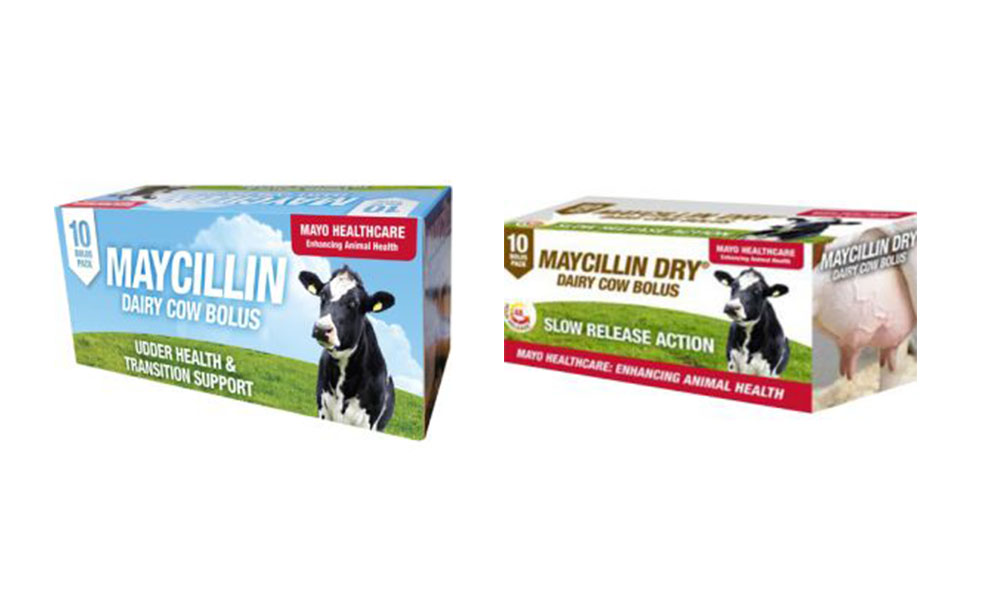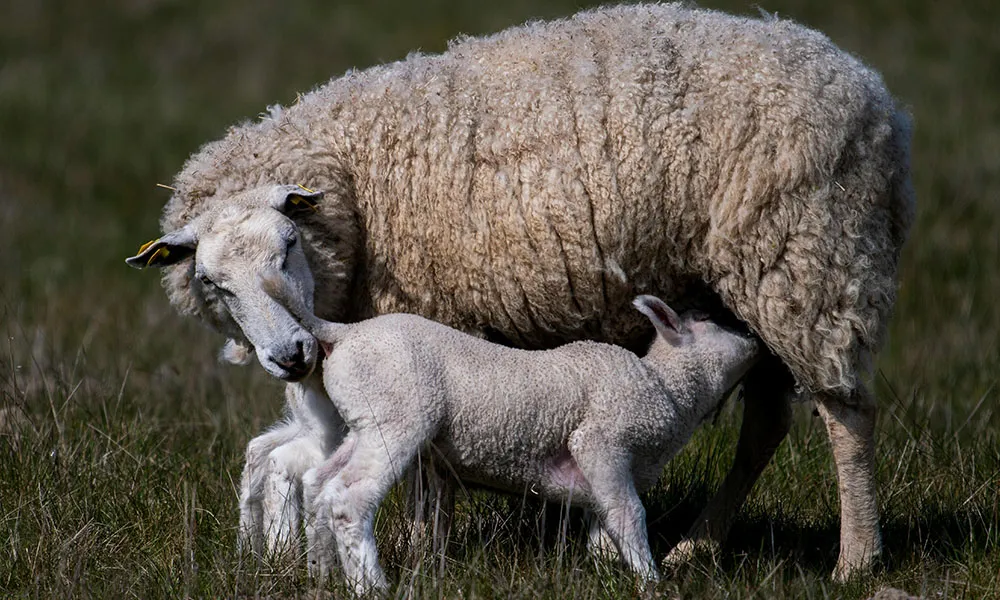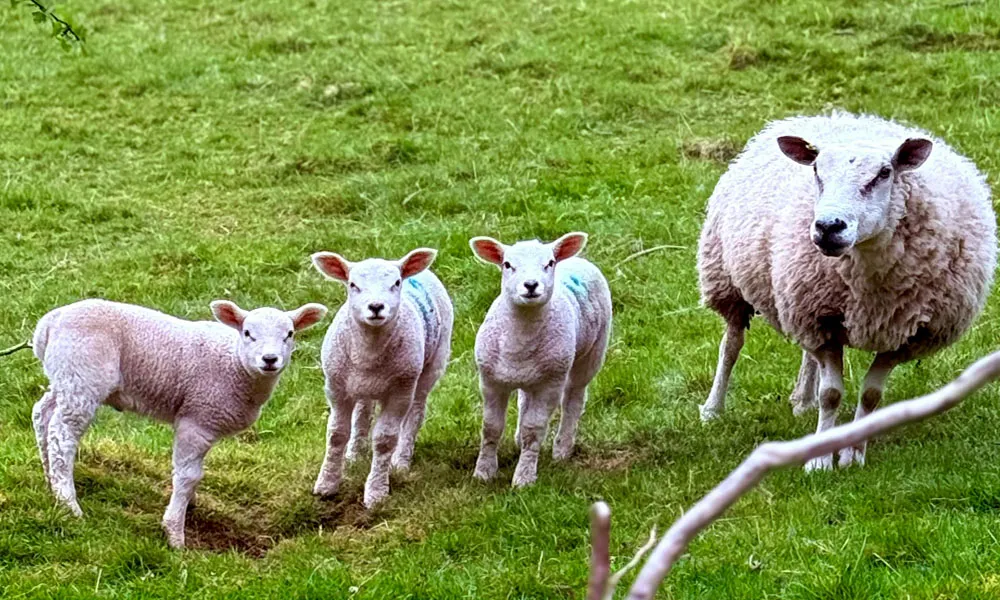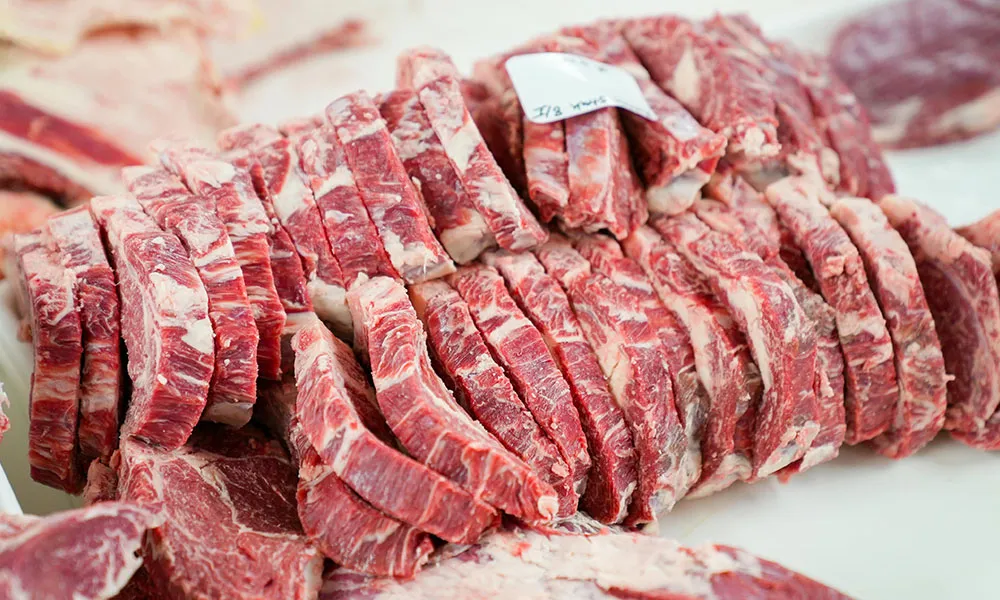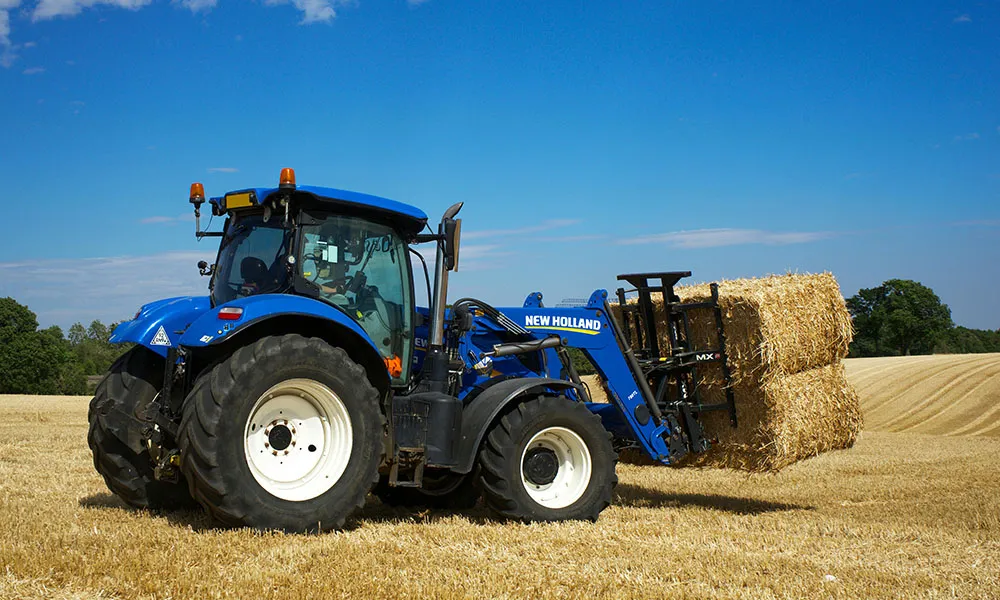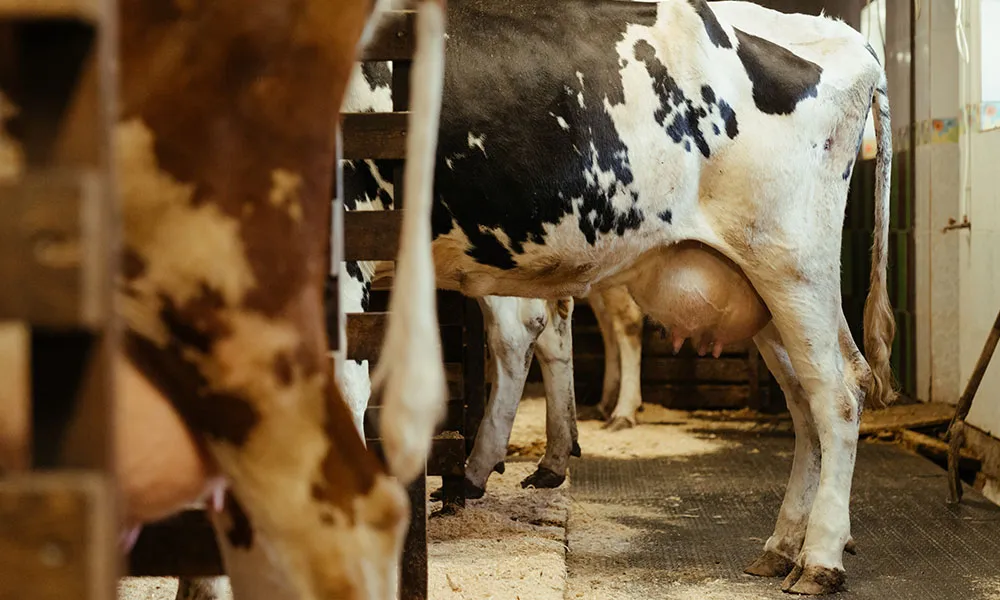
Agridirect.ie discuss summer mastitis in cows and ask: what can farmers do to prevent it?
In recent days, I have heard a few farmers talking about a high incidence of summer mastitis in cows. This came as a surprise to me, because we haven't had a case on our farm in a couple of years. There were often years when we were scourged with it but, thankfully, this isn't one of them. True, the amount of it we see tends to vary on farms from year to year; but this should not lead us to think that it occurs in a vacuum. Like most animal illnesses, there are some key measures that farmers can take to keep mastitis at bay.
Mastitis: what causes it?
In order to take preventative measures against the onset of mastitis, it is important to know a bit about its cause. Usually, the disease is caused by the organism Actinomyces pyogenes, though it is typically triggered or encouraged by the presence of other harmful organisms.
Symptoms of summer mastitis
Summer mastitis is aggressive and extremely dangerous to animal health. Untreated or poorly managed cases may prove fatal. Typical symptoms include damage to the udder, a high temperature and toxaemia.
Treatment
Unfortunately, when animals are struck by this form of mastitis, they tend to lose the infected quarter, which becomes swollen and hard. Once drawn, the quarter emits a foul-smelling curd-like substance. Traces of blood are also not uncommon, particularly as the infection worsens.
Preventing summer mastitis
There are a number of measures that can be taken to prevent summer mastitis. First of all, dry cow tubes generally provide good protection against infection, with 4 out of 5 cows treated proving resistant to the onset of disease. However, a lot of farmers are reluctant to use these on account of their potential implications. Overuse can introduce infection to the cow’s teat, and this is an important point because a single tube will rarely be effective for the entire dry period. Therefore, extreme caution is always required when applying dry cow tubes. To be honest, we tend to avoid them.
Another product of some interest is the Maycillin Dry Cow Bolus. Containing a number of key vitamins and minerals, the Maycillin Dry Cow Bolus focusses on improving animals’ immune systems, thereby equipping them with the bodily health to prevent the onset of mastitis. We have used this product on our farm in recent years to great effect. The Maycillin Dry Cow Bolus has a zero days milk withdrawal period, and provides excellent transition support.
Alongside the Maycillin Bolus, it is also recommended that farmers do everything possible to reduce their animals’ exposure to flies during the summer months. This may be easier said than done, given the sheer volume of insect life that we see during the warmer weeks of the year. However, applying a deltamethrin-based pour-on will help to alleviate the danger of flies getting at an animal’s teats. Farmers should always note the withdrawal periods for these, however.
In addition, you should give careful consideration to your animals’ grazing conditions if you want to keep flies at bay. Remember that flies tend to thrive in fields with a lot of shade from bushes, trees etc. Therefore, it is better to keep at-risk animals in large, open fields during the summer months. In the case of animals with existing teat sores, it may be preferable to house until the wounds have healed. Open teat sores will only attract flies, inevitably introducing infection.
Thanks for reading
So that’s all from our animal medicines corner for this week. Have you had to deal with summer mastitis in your herd yet? If so, how did you get on? Please be sure to let us know. Here at Agridirect.ie, we want to provide a platform where farmers on the ground can share their experiences and knowledge with the wider farming community!




